Immunizations that are highly recommended for college students:
COVID-19:
COVID-19 vaccine has been shown to be highly effective at preventing serious illness and hospitalization. Campus Health will provide COVID-19 vaccine as indicated at Student Stores Pharmacy and Campus Health Pharmacy to patrons age 12 and over.
Stay up-to-date with COVID-19 vaccine by following CDC guidance.
Hepatitis A:
Hepatitis A may cause fever, nausea, vomiting, diarrhea, malaise, anorexia, abdominal discomfort, dark urine and jaundice. Two doses separated by 6-18 months are recommended to help prevent hepatitis A, a disease acquired primarily by the fecal-oral route by either person-to-person contact or ingestion of contaminated food or water. Groups at increased risk for hepatitis A or its complications include international travelers, men who have sex with men, and users of illegal drugs. Persons who have chronic liver disease are at increased risk for severe adverse consequences of Hepatitis A infection.
Human Papillomavirus (HPV):
HPV infection is the most common sexually transmitted infection in the U.S. and is the leading cause of cervical cancer. Currently the vaccine is recommended for all individuals 9-26 years of age. This vaccine helps prevent cervical, vulvar, vaginal cancers and pre-cancers in females, as well as anal cancers and pre-cancers and genital warts in both females and males. Adults between the ages of 27-45 years of age not adequately vaccinated may want to discuss vaccination with their provider.
Influenza:
This infection is spread by respiratory droplets and individuals in closed populations (residence halls and classrooms) are at increased risk. Thus, all students are recommended to get this vaccine. Vaccination reduces the likelihood of becoming ill, reduces the severity of symptoms of an influenza illness, minimizes the disruption of routine activities, and reduces complications in persons with chronic illness. Students with chronic medical conditions (for example extreme obesity, cigarette smokers, asthmatics) are at increased risk and should be vaccinated. The vaccine should be repeated yearly in the fall, ideally in October to mid-November to receive the most benefit.
MENINGOCOCCAL B (MenB):
****All students who were born after January 1, 2003 are required to meet the requirement for Meningococcal Conjugate. MenB is not required, but recommended for all students. Adolescents and young adults ages 16 to 23 may receive this vaccine.
Individuals who are at an increased risk of contracting serogroup B meningococcal disease should receive this vaccine. This includes people who have:
- Been near an outbreak location of serogroup B meningococcal disease
- Persistent complement component deficiencies
- Undergone treatment with eculizuma
- Anatomic or functional asplenia including sickle cell disease
- Been routinely exposed to isolates of N. meningitis during laboratory work
MenB vaccine can be given at the same time as MenACWY vaccine. The brand of MenB vaccine stocked at Campus Health is given as two doses at least one month apart.
Pneumococcal (Pneumonia):
Pneumococcal disease is an infection caused by Streptococcus pneumoniae bacteria, sometimes referred to as pneumococcus. Pneumococcus can cause many types of illnesses, including ear infections, pneumonia and meningitis. PCV 20 is the vaccine Campus Health provides to combat these illnesses. Please consult with your healthcare provider to evaluate your risk. More details can be found on the CDC website.
There are other immunizations that may be recommended in certain situations. Please call Campus Health or contact your health care provider for more information regarding vaccine preventable diseases.
